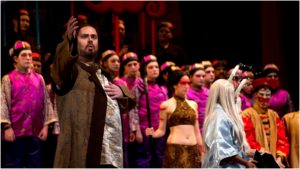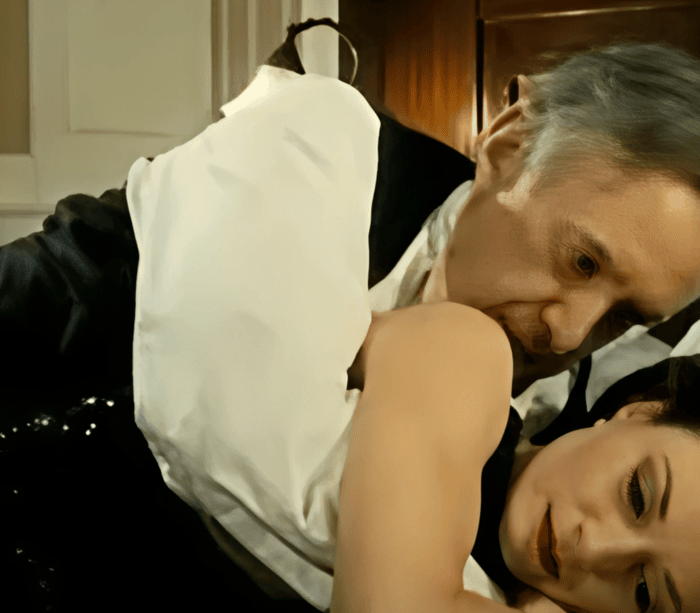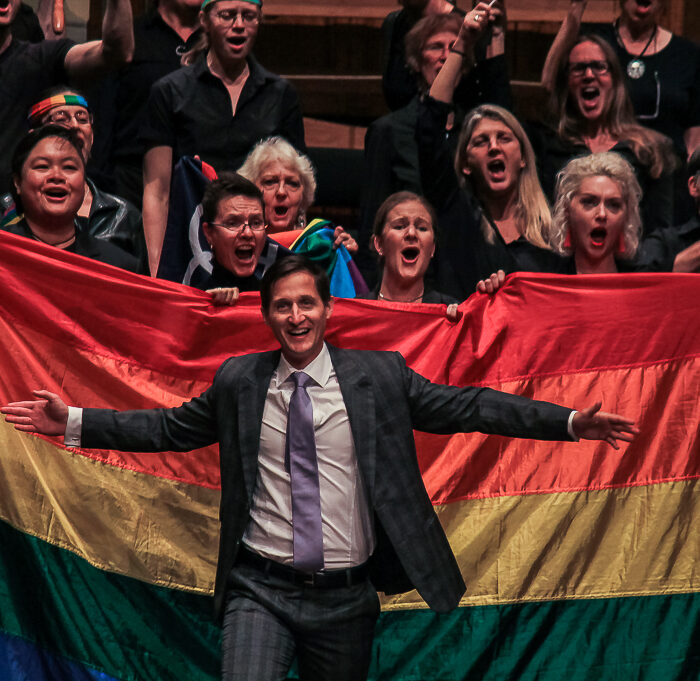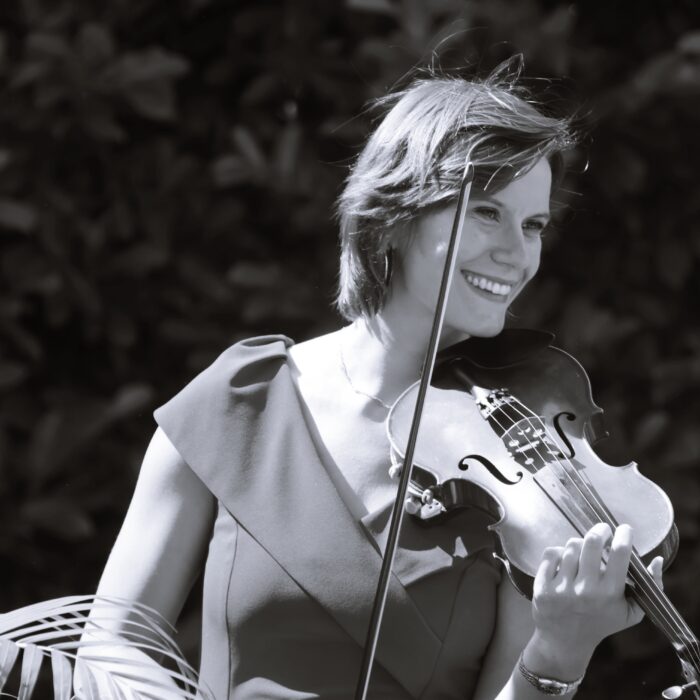
40 Years and Counting for Knoxville Opera
By Greg Waxberg“It might be good to have opera in ‘country music’ country.”
Former Knoxville Opera Board Member Brenda Maupin recalls the thinking of Edward Zambara, the late bass-baritone and University of Tennessee Voice Department Chair. In 1976, with help from the city of Knoxville and opera lovers on the Greater Knoxville Arts Council, he founded Knoxville Civic Opera and became its first Executive-Artistic Director, joined by William Starr (also from the university) as Music Director/Conductor.
The first production, “La Traviata,” took place 40 years ago this year, in 1978—starring Knoxville native Mary Costa as Violetta.
Beginnings
According to Maupin, the original Board of Directors was largely responsible for the company’s initial operations, raising funds for future productions, housing artists, and providing transportation for them. “Their first budget was written on the back of an envelope,” she remembers. “The University of Tennessee helped by having students sing minor roles in the productions, and the university’s opera studio is still involved today.”
Five years after that initial production, Knoxville Civic Opera became the fully-professional Knoxville Opera thanks to new General Director and Conductor Robert Lyall (who has since presided over New Orleans Opera). “He established the procedure of hiring all artistic personnel based on auditions,” explains Production Manager Don Townsend, “and structured a global budget that required all performers and production staff to be contracted and paid.”
Townsend, who has worked for the company since its inception, has seen production costs rise and production values evolve with the times. “Budgets must continually be trimmed to avoid cost overages and debt. Supporting casts are smaller in size than they were years ago. The days of extravagance and excess are over,” he says. The challenges today: to meet each opera’s artistic and technical demands while minimizing costs and maximizing revenue.
Out of Debt
Responsible budgeting has been a major accomplishment for Brian Salesky, Knoxville Opera’s Executive and Artistic Director since 2005. In fact, he got the company out of debt (six figures’ worth) and started to build an operating reserve.
“When I arrived, I didn’t understand the company’s financial condition. It took a while to understand how bad the situation was,” he says. So, how did he pay off all the debt? “I made some tough choices and paid a little bit at a time, to each person, so they knew we hadn’t forgotten them and were serious about repaying the debt. Plus, since I was the new person, people weren’t angry with me, and they understood my intentions.”
Salesky and the company have since operated in the black. “I have never operated with debt,” he says proudly. “You have to look at fiscal reality. There is no reason for any 501 (c)(3) organization to go out of business. The only reason they go out of business is that people bite off more than they can chew. My approach is, if you can’t afford to do it, don’t do it.”
But he had to take this philosophy a step further by convincing others to conduct business differently. “You have to make everyone within your sphere understand your commitment to saving money and get them to the point of generating the message themselves,” Salesky says. “It’s not easy. Nobody likes to be the person who says ‘no,’ and the first person I had to say ‘no’ to was me! As executive and artistic director, I am my own worst enemy.”
Adventurous Repertoire
Along with financials, Salesky is delighted with the company’s repertoire over the past 13 years, a list that includes “Manon,” “I Puritani,” “La Fanciulla del West,” “Les Contes d’Hoffmann,” “Norma,” “Mefistofele,” and “Maria Stuarda.” He claims that these operas are not presented by most regional companies in Knoxville Opera’s budget class.
“Audiences are thrilled to have the opportunity to see these operas,” he says. “Of course, we give the community ‘La Bohème’ and ‘Carmen,’ but we also go way beyond the standards.”
An example of “beyond” with a repertory staple was “Tosca” in April 2016, when the company presented all three acts at different locations in Knoxville between 2 p.m. and 10 p.m.: Church Street United Methodist Church (two performances of Act one because of limited seating), Knoxville Convention Exhibition Center, and World’s Fair Park Amphitheater. The intention was to give the audience, orchestra, and singers an opportunity to experience the “Tosca walk,” as Salesky calls it. He says the audience loved it.
Community Outreach
That “Tosca” undertaking hints at Knoxville Opera’s community outreach during the year, which includes in-school performances, holiday concerts, and the African-American Voices Series. “If you just do a major production three weekends a year, what else are you going to do all the other days? You can’t just sit around, waiting, because you don’t want to be out of sight/out of mind, with no footprint in the community. We need to operate 365 and be in the community 365,” Salesky says. Depending on weather, the company’s activities annually reach 30,000-100,000 people.
MLK Commission Recognition
Another recent accomplishment was Knoxville Opera’s recognition by the Dr. Martin Luther King, Jr. Commemorative Commission, when Salesky received their 2018 Arts Award. “I was overwhelmed because, first of all, I’m a white person, and, second of all, surely there are other people who are more deserving than I am. But it said to me that the opera company has done such significant work in giving artists of color an opportunity to sing major roles. The community sees and appreciates what our organization is doing…I just love great artists and want to give everybody an opportunity.”
Salesky recalls the “Maria Stuarda” production in April 2017 when mezzo-soprano Catherine Daniel, an African American singer from Canada, sang Queen Elizabeth I. “Certain people said to me, ‘That took such courage.’ I said, ‘There was no courage—she’s got a phenomenal voice!’”
Celebration Time
So, during this 40th anniversary season, Knoxville Opera has much to celebrate, and the company has been doing so in style: a 40th Anniversary Gala Concert; productions of “Aida” and “Turandot;” the 17th annual Rossini Festival International Street Fair in downtown Knoxville; over 100 education and community events; and eight new Hall of Fame inductees.
Yes, Knoxville Opera has a Hall of Fame, now with 40 inductees encompassing staff members, businesses, foundations, individual philanthropists, and members of the Board of Directors—those who have helped make the company what it is today.
“I’m incredibly proud of what our company has accomplished and what it’s been able to bring to our audiences,” Salesky says.


